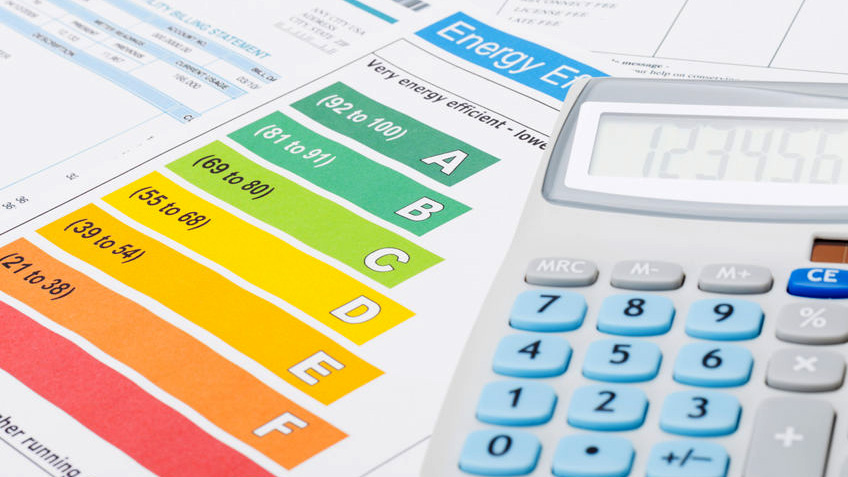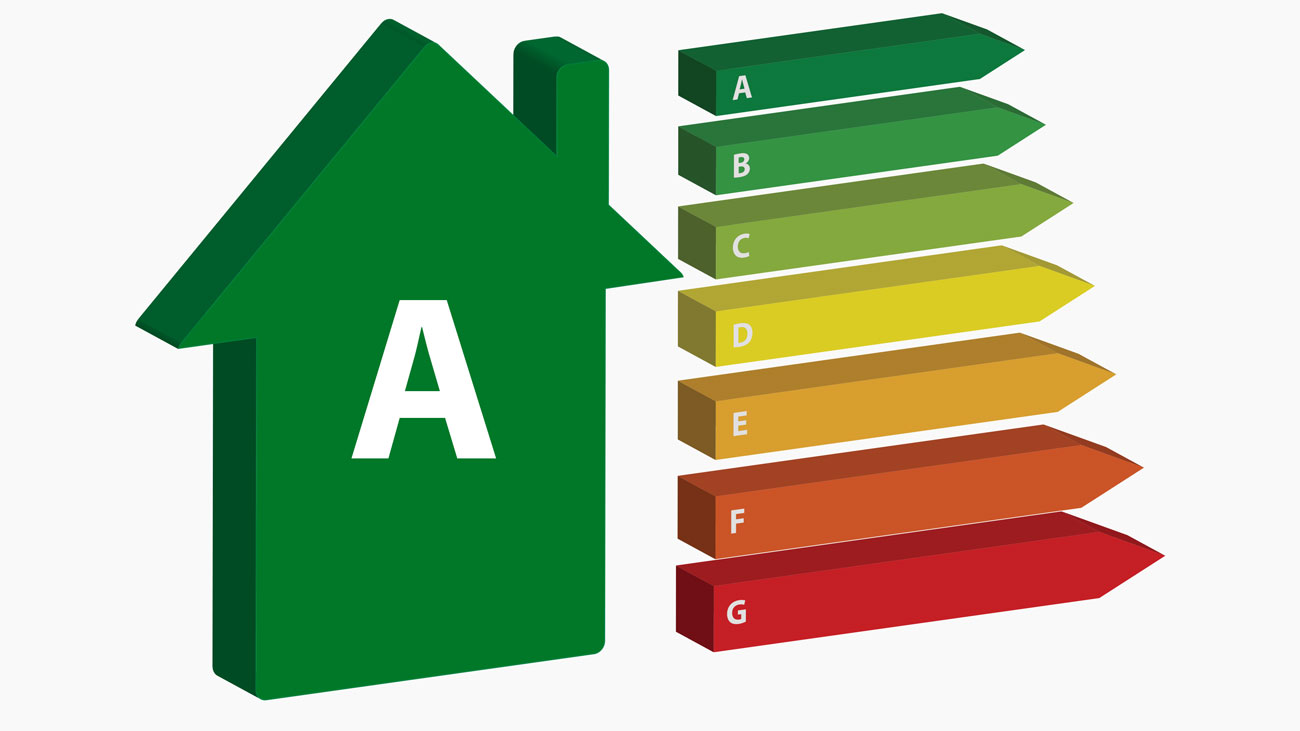
£6 billion saving for businesses that cut energy use
Businesses across the UK could save as much as £6bn on energy, according to Energy Minister Kwasi Kwarteng, who suggested this is a real possibility if energy use is cut by 20% by 2030.
The saving would also help stop 22 million tonnes of carbon dioxide emissions from entering the atmosphere, a figure equivalent to the annual emissions of 4.6 million cars.
New Streamlined Energy & Carbon Reporting requirements (SECR), launched in 2019, mean that around 12,000 large or listed businesses will need to report their energy use and carbon emissions alongside their annual reports for the first time this year, as well as explain the measures they are taking to reduce their energy consumption in a drive to reduce carbon emissions from commercial buildings.
SECR replaces the Carbon Reduction Commitment (CRC) Energy Efficiency Scheme, requiring organisations to report energy and carbon emissions in their annual report. Where the CRC applied to around 4,000 businesses, the SECR regulations will apply to an estimated 11,900 companies across the UK, increasing awareness further through the need to gather energy data. The Regulations apply to all quoted companies as well as large UK companies with over 250 employees or an annual turnover of more than £36m (or an annual balance sheet of over £18m). Public sector organisations are exempt, as are private companies that use less than 40,000kWh per year.
Businesses are also required to confirm they have carried out a full energy audit under the Energy Savings Opportunity Scheme (ESOS) at least every four years.
Energy and Clean Growth Minister Kwasi Kwarteng said:
“Evidence shows that reporting energy use saves businesses on their bills, can boost productivity and attract increasingly green-minded customers by showing they’re committed to fighting climate change.
“These latest requirements are coming into force in this year of climate action and will help take businesses’ energy savings to the next level, cutting emissions and boosting bottom lines as we work towards net zero by 2050.”





